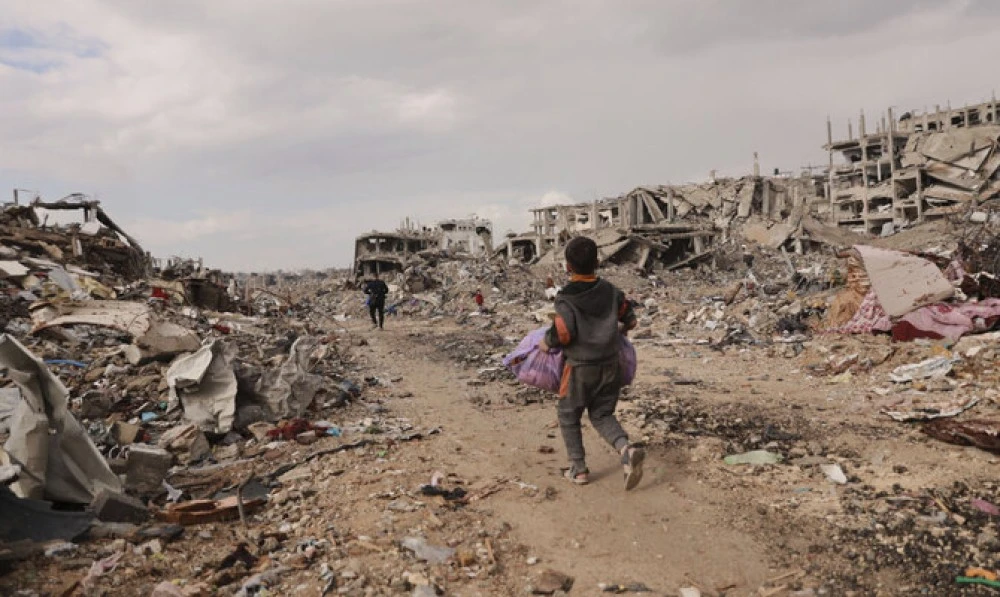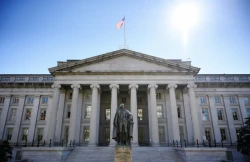The guns have fallen silent in Gaza — but for how long?
- 2025-01-26 08:31:00

Those few hours last Sunday when the start of ceasefire between Israel and Hamas was delayed were nerve-wracking. Would something go wrong again, and the firing resume as people caught a glimpse of light at the end of a long and very dark tunnel? When the truce eventually began after a two-and-a-half-hour delay that felt like two-and-a-half days, there was great relief, but this was coupled with the realization that bringing this horrific 15-month war to a complete end is going to be neither easy nor straightforward.
The understandable total distrust between the two sides is a major factor that will hinder any attempts to progress from this point, or even to adhere to the terms of the first phase of the ceasefire. Both sides are operating on the supposition that despite this agreement, each is still committed to annihilate the other. Moreover, this truce is not the result of an organic process within both leaderships that concluded that they had nothing to gain from continuing the war, but was more the case of a ceasefire externally encouraged — more accurately imposed — by the main mediators. Consequently, there is a genuine fear of insufficient commitment on the part of the warring sides to go through the entire process of ending the war. Instead, we can expect both sides to test each other’s intentions, resolve, and patience every step of the way.
While the terms of the deal were hammered out with the help of the Qatari, Egyptian, and US mediators during the Biden administration, it was Donald Trump’s arrival on the scene that made the difference. After all, a similar agreement was already on the table in December 2023, according to some, but as outgoing US Secretary of State Antony Blinken admitted, Biden was not prepared to use his country’s levers of power to persuade Israeli leader Benjamin Netanyahu to accept it. Trump, on the other hand, badly wanted it done and dusted before he entered the White House, and leaned on Netanyahu to get a result. What is frustrating and heart-wrenching is to imagine how many lives could have been saved, and how much suffering could have been spared had Washington taken this approach back then.
In this complex conflict, the role the US played, together with the regional mediators, is a crucial lesson on who was able to make a difference by at least bringing about a truce, and they will have to do more to maintain the momentum. While there are doubts about each side’s commitment to this agreement, the mediators, like the rest of the international community, should remain highly vigilant and ensure that the conditions of the three-phase deal are followed to the letter. Adding to the complexity of this entire process is the discrepancy between what the public in Israel and Palestine wish to see happen and what best serves their leaderships’ survival.
Recent history has shown that Netanyahu’s hold on power depends on maintaining and manipulating constant division and malaise within Israeli society, and keeping at least one conflict alive, albeit on the back burner.
And, while in Israel’s domestic politics there is never a shortage of contentious issues, after ceasefires were agreed with Hezbollah in Lebanon and Hamas in Gaza, suddenly there was a flare-up in the West Bank, settlers that were administratively detained were released, and settler terrorism has intensified. As much as one opposes administrative detentions because they deprive people of their liberty without due legal process, the timing of this decision suggests that it was meant to appease the far-right messianic settler movement and subdue their opposition to the ceasefire deal.











